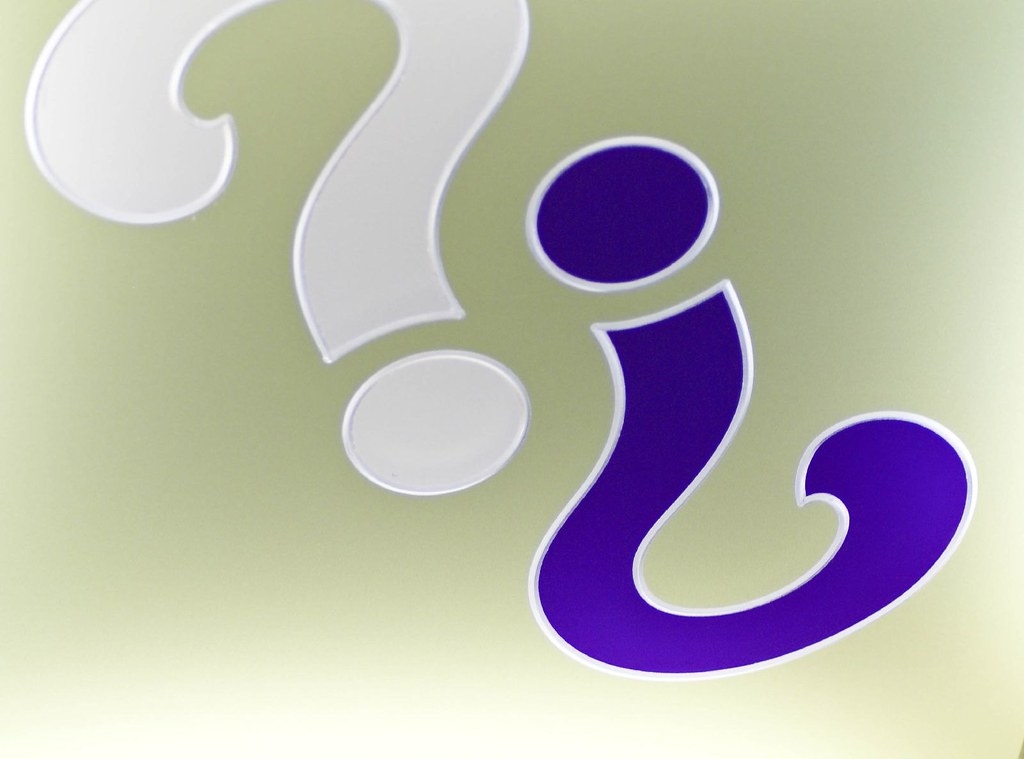 |
| Everett, Valerie. "Questions?". 11/04/08 via Flickr. Attribution 2.0 Generic License. |
- My audience is anyone who is interested in controversies in the world of engineering, more specifically mechanical and petroleum engineering. These people probably don't usually deconstruct the pieces about engineering they read; they probably just read it to get information and are done with it.
- It's hard to say what position they will take, because more than one argument was presented in the original text. I will also be presenting both sides of the controversy, so what side they take is a personal opinion.
- I think they will definitely want to know why a new surge in the controversy has come up and what relevant people have to say about it.
- I'm not sure how they will react to my argument. I believe that they will respect it regardless if they agree or not, but since both sides will be presented it's kind of hard to disagree with both of them.
- I can relate to my audience by telling how hydraulic fracking affects common people similarly to how the author of the article did. Besides specific details like that, my audience will already have some sort of background knowledge about this controversy or else they wouldn't be reading it in the first place.
- I can use images, stories, and solid facts to relate to my audience. It will give them a visual along with a goo understanding of what exactly is happening with hydraulic fracking right now.
Reflection
After reading Stef's and Lia's posts, I realized all 3 of us had a lot of similar answers to these questions. We all want to be able to relate to our audience in a unique way without being too bossy when presenting our own opinion on the controversy we are researching. I think we will do very well on this next project as we already have a solid understanding and are planning a path we want to send the right message to our readers.
No comments:
Post a Comment